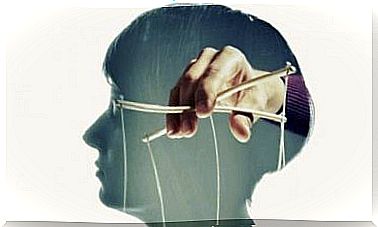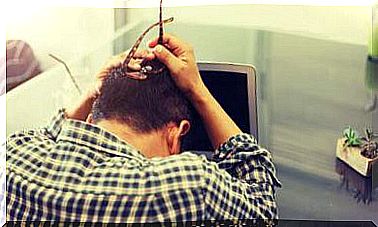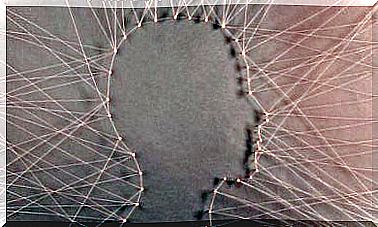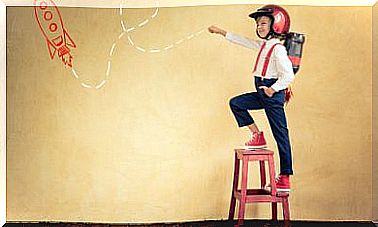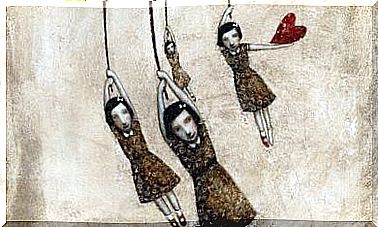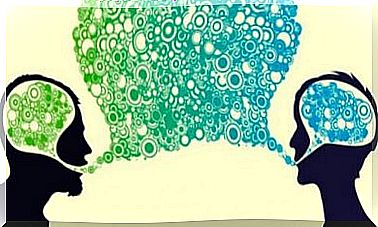Nosophobia: The Irrational Fear Of Getting Sick
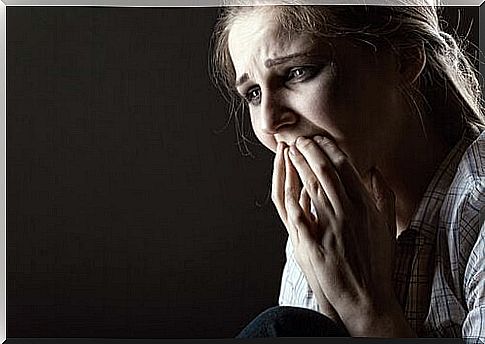
The fear of getting sick or nosophobia is a recurring fear among people, as is the fear of death and madness. Because let’s face it: who isn’t afraid of contracting a serious illness? Aren’t we all afraid of going crazy someday? Isn’t everyone afraid of death?
This article is about nosophobia: an irrational, intense fear of getting sick. The peculiarity of this condition is that the individual does not think that he is ill at the moment. This is actually what distinguishes it from hypochondria.
Hypochondriacs are not afraid of contracting a disease one day. However, people with nosophobia are terrified of this. Hypochondriacs are afraid of an acute illness in the present moment and not being diagnosed with it.
What is a phobia?
The term “phobia” refers to an intense and irrational fear of a person, object, or situation that carries little to no danger. This word comes from the Greek word phobos, which means panic.
In Greek mythology, Phobos, who was the son of Aphrodite (the goddess of love) and Ares (the god of war), immortalized fear. Alexander the Great always prayed to Phobos before a fight to shake off his fears. In the Diagnostic and Statistical Manual of Mental Disorders (DSM), nosophobia is listed in the phobias section.
Diagnostic criteria for a specific phobia according to the DSM-5
- Marked fear or concern about a specific object or situation (e.g. flying, heights, animals, getting an injection, seeing blood). Note: In children, the fear or anxiety may be expressed by crying, tantrums, paralysis, or clinging.
- The object or situation of the phobia almost always evokes immediate fear or concern.
- The object or situation of the phobia is actively avoided or tolerated with intense fear or anxiety.
- The fear or concern is disproportionate to the real danger presented by the specific object or situation and to the socio-cultural context.
- The fear, worry, or avoidance causes clinically significant discomfort or impairment in social, occupational, or other important areas of functioning.
- The patient experiences anxiety, worry, or avoidance that is persistent and usually lasts six months or more.
- The disorder is not better explained by symptoms of another mental disorder, such as anxiety, worry, and avoidance of situations associated with panic-like symptoms or other debilitating symptoms; objects or situations related to obsessions; memories of traumatic events; separation from home or attachment figures; or social situations.
It is common for people to have multiple specific phobias. In fact, about 75% of people who suffer from a specific phobia are afraid of more than one situation or object.
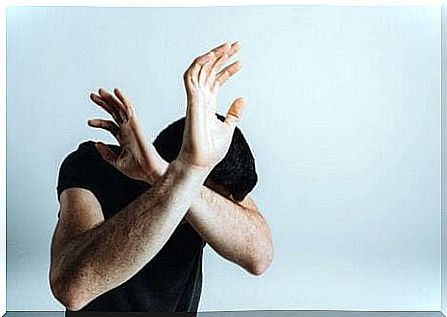
Nosophobia or the irrational fear of getting sick
As we said before, nosophobia is the irrational fear of contracting a specific disease or other condition in general. People who suffer from nosophobia develop an exaggerated fear of diseases and are often impressed by certain cases or illnesses.
Here are some symptoms of nosophobia:
- Excessive nervousness before there is even a physical symptom.
- Extreme measures to avoid contact with germs.
- Frequent and repeated visits to various doctors, although they also avoid these.
- The intense fear of a doctor confirming they are suffering from the dreaded disease.
Health problems can be dominant issues that manifest on a cognitive level (frequent worrying about health). There are also emotional symptoms that are common, such as experiencing anxiety or dysphoric mood due to intense fear and behavioral symptoms such as unwarranted medical consultations.
The fear of getting sick
Nosophobia is often classified as a somatic symptom disorder. However, in some cases it is best to diagnose it as a disease anxiety disorder.
The high level of anxiety is usually accompanied by the idea of contracting a disease. Most illnesses will panic people with nosophobia. This happens when they hear that someone has become ill or when they read health news.
When people with nosophobia notice a physical symptom, their excessive fear makes them postpone a visit to the doctor. People with nosophobia have such an intense fear of suffering from an illness that they avoid any circumstance that can confirm it. They simply prefer to close their eyes and live in uncertainty.
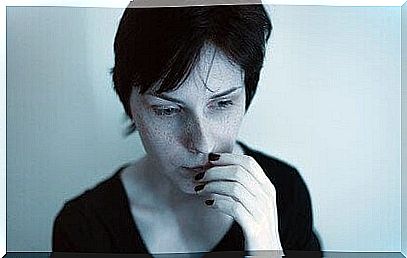
As you can see, nosophobia and hypochondria are not exactly the same. If you or someone you know is experiencing an intense fear related to one or more illnesses, we recommend psychological therapy.

